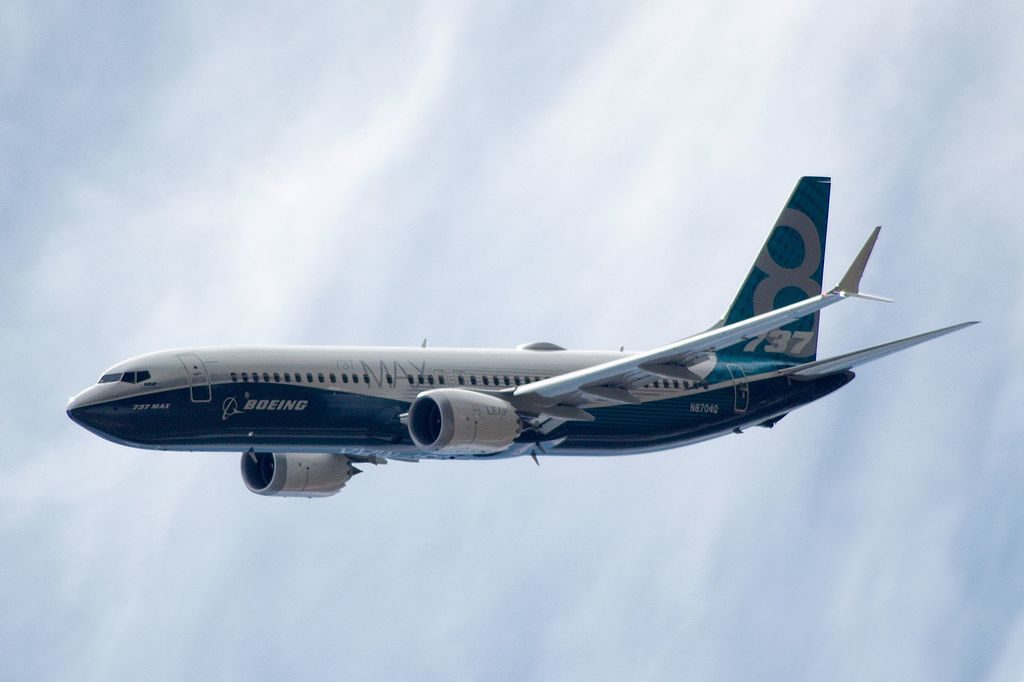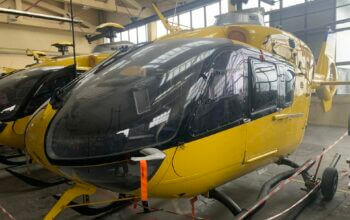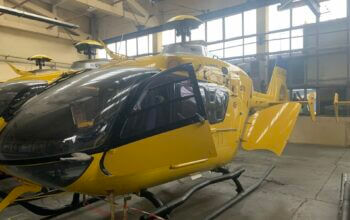Estimated reading time 3 minutes, 27 seconds.
Transport Minister Marc Garneau said Oct. 5 that his department is still analyzing data collected during their participation in recertification flight tests of Boeing’s 737 Max in late August.

“This week, we are participating with other regulators, the United States, the Europeans and the Brazilians . . . over in Gatwick, England, to look at the training requirements that we might need to put in place for the future as well as the procedures that are used by pilots in case something goes wrong,” he told reporters on Parliament Hill. “We will not allow the Max 8 to fly into or out of Canada until we are 100 per cent certain that the problem has been addressed.”
After evaluation sessions in Boeing’s engineering simulator, Transport Canada flight test crews completed a series of flights in U.S. airspace with the same aircraft used by U.S. Federal Aviation Administration (FAA) crews earlier this summer.
Garneau said political criticism in the U.S. Congress about possible “shortcuts” in the Boeing/FAA approach to revalidation has not affected Transport Canada’s relationship with the FAA.
“After the very tragic ET302 Ethiopian crash, I stated that it was . . . important for us in Canada to reexamine” the aircraft. That crash, in March 2019 — less than five months after an Indonesian Max 8 crashed under similar circumstances shortly after takeoff — resulted in the grounding of the global fleet and effectively sent Boeing into a tailspin.
“We certify aircraft in this country and lots of aviation products,” Garneau continued. “We also validate products that come from other countries, like the Boeing Max 8. And the validation process and the certification process: I said after this tragic accident that we would reexamine it, and that is what we are doing and, of course, we are very, very actively looking at the fix.”
Asked about the fallout for prospective passengers who were still trying to get refunds for cancelled flights, Garneau replied that he has “a lot of sympathy for people who . . . would have preferred a refund instead of a credit.” However, “our airlines are going through a very difficult period.”
He said it was “not an easy one to resolve” and that dissatisfied passengers should continue pressing the Canadian Transportation Agency for satisfaction. That said, “the CTA has stated that it is not clear in many instances whether the airlines have an obligation to refund. The issuing of a credit which many of them have now extended for longer periods of time is also an option.”
Reitering his concern about the health of the airline industry, he said without naming any carrier, that some are at “the point where they are possibly going to lose all the liquidity that they had and that it’s very difficult . . . when 90 per cent of their revenue is gone to address this issue.”








